Conservation of Capital
Leasing allows businesses to conserve their capital by avoiding large upfront costs associated with purchasing trucks, heavy equipment, or financing major repairs. This preserves liquidity for other operational needs.
Leasing can be a viable option for fulfilling trucking, heavy equipment, and major repair financing needs for various reasons.
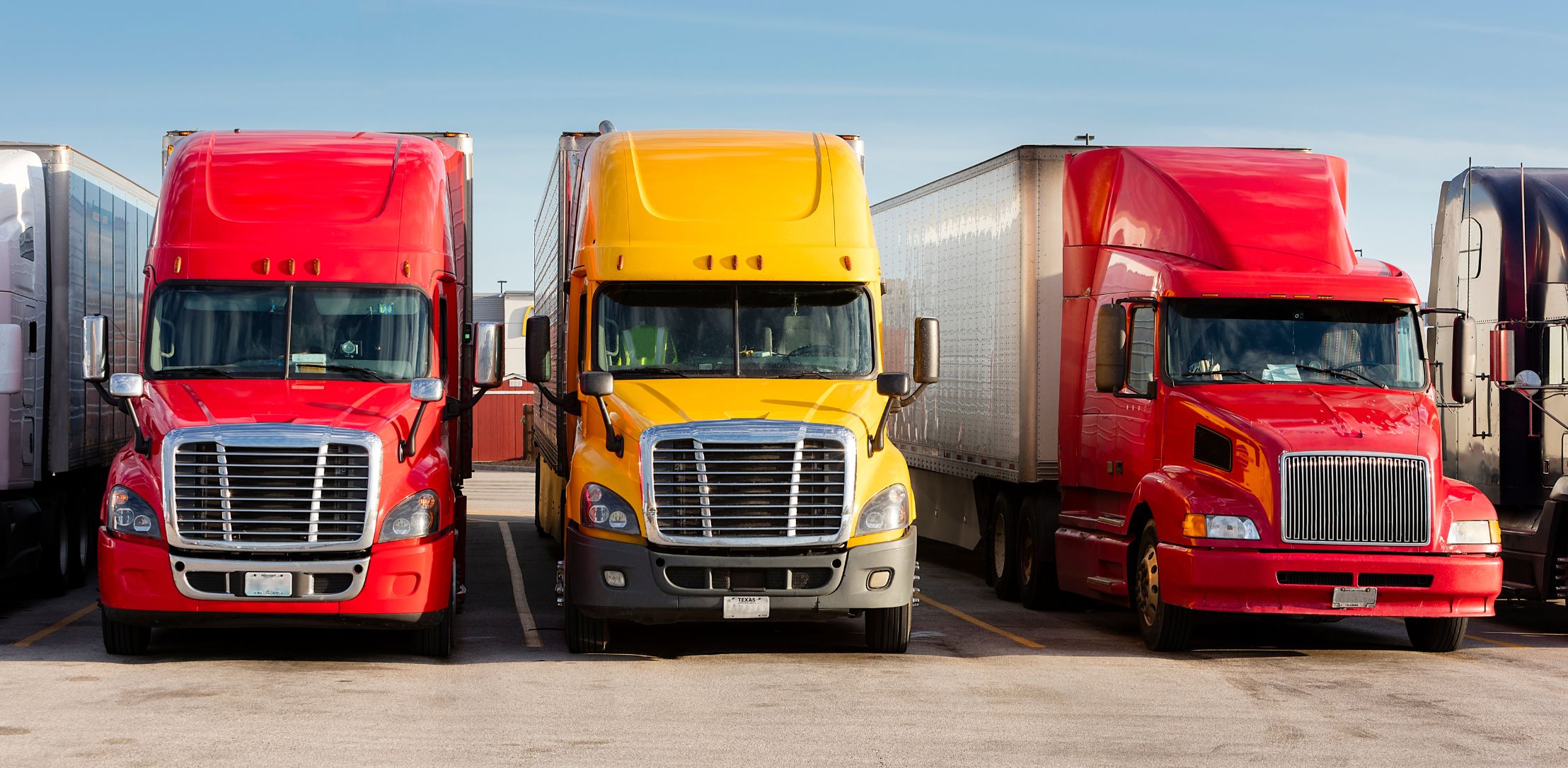
Leasing allows businesses to conserve their capital by avoiding large upfront costs associated with purchasing trucks, heavy equipment, or financing major repairs. This preserves liquidity for other operational needs.
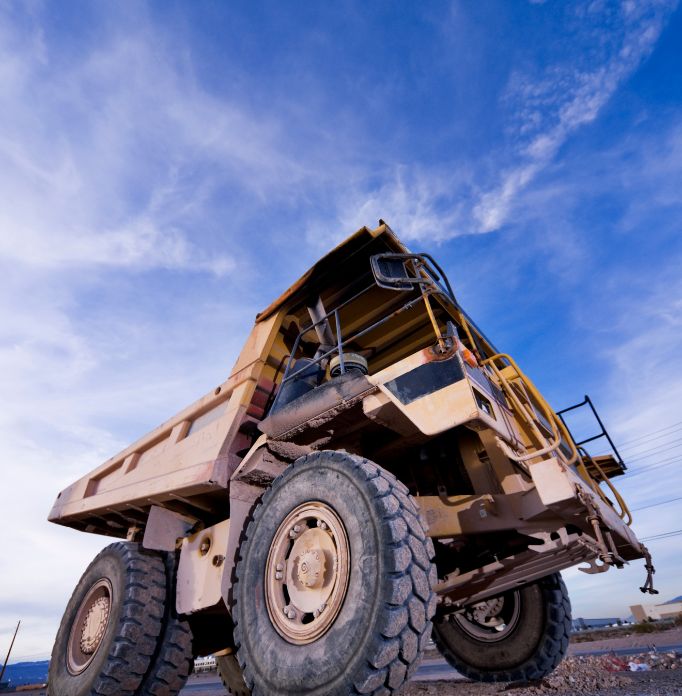
Lease payments are typically fixed and predictable, making it easier for businesses to budget and manage their cash flow. This stability can be particularly beneficial for planning purposes.
Leasing enables businesses to access the latest and most technologically advanced equipment without the burden of ownership. This can be crucial in industries where staying current with technology is essential for competitiveness.

Leasing agreements often offer flexibility in terms of lease duration and end-of-lease options. This adaptability allows businesses to adjust their equipment and vehicle fleets based on changing needs and market conditions.

In some jurisdictions, lease payments may be tax-deductible as a business expense. This can result in potential tax advantages compared to depreciation on purchased assets, depending on local tax laws.
Leases are often considered off-balance sheet financing, which can improve a company's financial ratios and debt-to-equity ratios. This can be advantageous for businesses seeking to present a stronger financial profile.
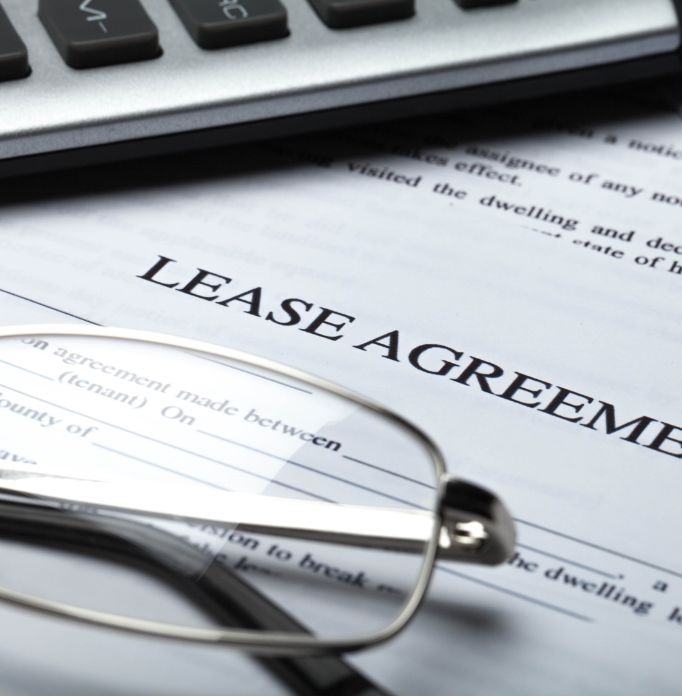
Some leasing agreements include maintenance and repair services, relieving businesses of the responsibility for these operational aspects. This can reduce downtime and unexpected expenses.
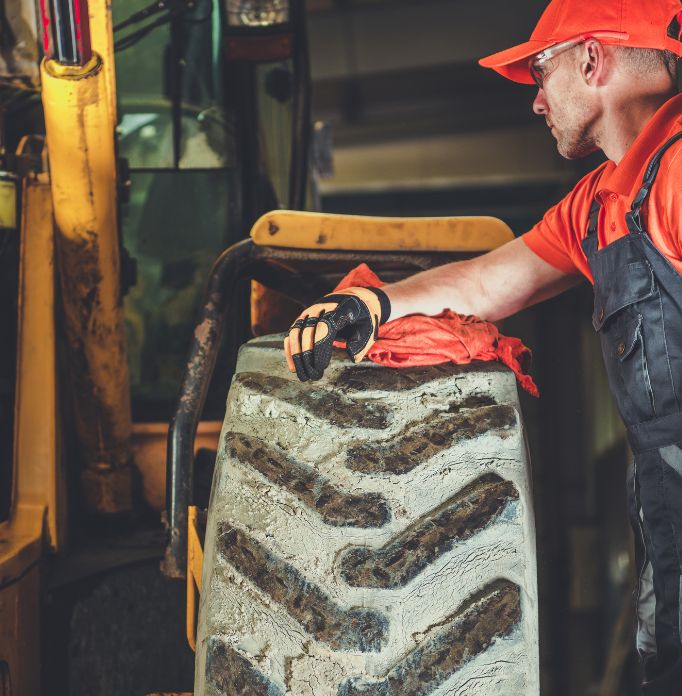
At the end of a lease term, businesses can return the equipment and upgrade to newer models, avoiding the challenges of selling or disposing of outdated assets.
Risk Mitigation: Leasing can provide protection against the risks associated with equipment depreciation. Businesses are not exposed to the same level of market fluctuations as they would be with ownership.
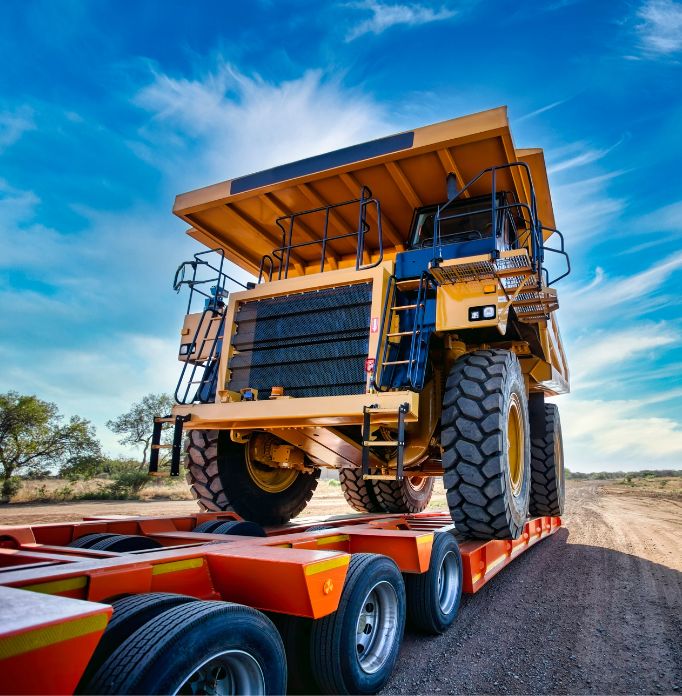
Leasing can expedite the acquisition of essential equipment, allowing businesses to quickly respond to market demands or capitalize on new opportunities without the delays associated with purchasing.
It's essential for businesses to carefully evaluate their specific needs, financial situation, and the terms of lease agreements before opting for leasing as a financing solution.
MT and T Accounting
6308 Elbow Drive S.W
Calgary, AB
T2V-1J5
Phone: 403-923-8804